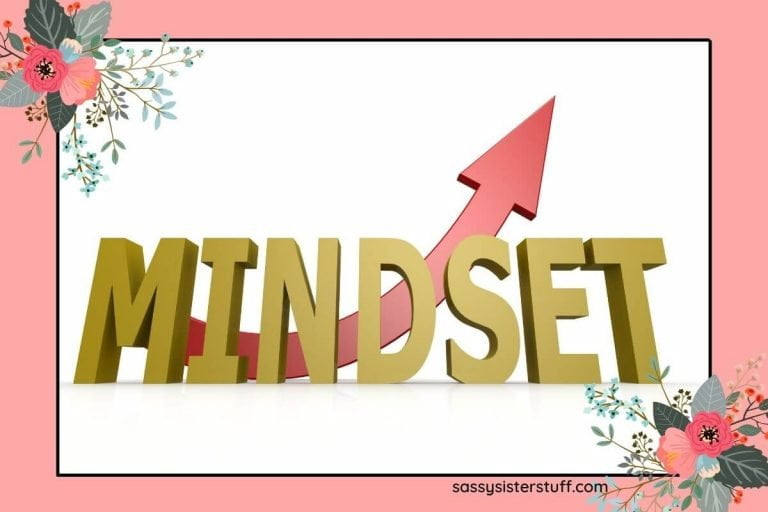15 Signs Your Relationship Is Stuck in a Rut And How to Fix It
Feeling like your relationship has hit a standstill can be frustrating and confusing. Many couples go through phases where the excitement fades, and you might wonder if things will ever change.
Recognizing the signs that your relationship is stuck can help you take steps to improve it and bring back connection. Understanding these signs is the first move toward creating a healthier, more fulfilling partnership.
Conversations feel repetitive and dull

You notice you and your partner often talk about the same topics. The excitement of new stories or ideas seems missing.
When your chats lack variety, it can feel like you’re stuck on autopilot. This dullness might make you avoid deep or meaningful conversations.
To break this pattern, try asking each other unexpected questions. Sharing new experiences together can also spark fresh and engaging discussions.
You avoid making future plans together

If you find yourself dodging conversations about the future, it could mean your relationship feels stuck. Not planning trips or big events together often signals a lack of shared goals.
Try bringing up small, doable plans like weekend outings. Starting with simple steps can help rebuild excitement about what’s ahead for both of you.
Lack of physical affection compared to before
You might notice that hugs, kisses, or holding hands happen less often than before. This shift can feel uncomfortable or confusing when physical touch once felt natural.
When physical affection fades, it can signal emotional distance or stress. Try sharing how you feel with your partner calmly.
Reintroducing small touches, like a gentle hand on the back, can help rebuild closeness. Sometimes, it’s about reminding yourselves physical affection matters to both of you.
Feeling more like roommates than partners

You might notice your conversations focus only on schedules and chores. There’s less personal sharing or emotional connection.
Your time together feels routine, like running a household rather than enjoying each other. You may even sleep in separate rooms.
To fix this, try setting aside time for fun activities you both enjoy. Small, thoughtful gestures can help rebuild intimacy and remind you why you’re partners, not just housemates.
Frequent misunderstandings over small things

You might notice you and your partner argue more over minor issues than before. Small things, like forgetting a text or leaving a dish unwashed, can turn into bigger conflicts.
This often means communication has hit a rough patch. Try slowing down and really listening to each other.
Clarifying intentions and feelings can reduce these frequent misunderstandings. It helps you both feel heard and valued again.
Avoiding discussing feelings or problems

If you and your partner stop talking about your feelings, it can create distance between you. Avoiding tough conversations may feel easier but can cause unresolved issues to build up.
You might notice that silence replaces meaningful talks. This can make you feel unheard or alone, even when you’re together.
Try to gently open up about your feelings. Small, honest check-ins can help you both connect again and understand each other better.
No excitement or anticipation for date nights

You might notice that date nights feel more like chores than fun. There’s no buzz or looking forward to them anymore.
When you stop feeling excited, it’s a sign the routine has taken over. You and your partner may need to try something new or unexpected.
Mixing up your plans can help bring back the spark. Simple changes can make date nights something you both truly enjoy again.
Constant use of phones during time together

You might notice your partner often scrolling through their phone when you’re trying to connect. This habit can create a barrier between you, making quality time feel less meaningful.
If both of you reach for devices instead of talking, it can signal a rut. Try setting phone-free periods during your time together to encourage real conversation and attention.
You’ve stopped celebrating each other’s wins

When you stop noticing or sharing excitement about each other’s successes, it’s a clear sign things are getting stagnant. Celebrating achievements, big or small, helps you stay connected and feel valued.
Try to acknowledge your partner’s efforts more often, even through simple words or gestures. It can rekindle positive feelings and remind you both why you’re together.
Arguments feel cyclical and unresolved

You might notice that the same fights keep coming up, but nothing really changes. It feels like you’re going in circles without finding a real solution.
When arguments don’t lead to understanding, frustration builds. You both may feel unheard or misunderstood.
Try to identify patterns in your disagreements. Then focus on listening more and finding common ground to break the cycle.
Neglecting self-care affects your mood

When you skip taking care of yourself, it can wear you down emotionally. Stress and fatigue build up, making it harder to connect with your partner.
You might find yourself feeling irritable or withdrawn without realizing self-care is the cause.
Taking small steps like getting enough sleep or eating well can improve your mood.
When you feel better, your relationship is more likely to improve too.

If you notice you’re not opening up like before, it might be a sign your connection is slipping. Sharing your feelings helps keep emotional closeness alive.
Try setting aside time to talk about your day or deeper thoughts. Even small moments of honest sharing can rebuild your bond.
Friends notice you’ve grown distant

Your friends might mention that you seem less connected with your partner. They may notice you don’t share the same excitement or energy around each other.
When people outside your relationship point this out, it’s a sign worth paying attention to. Sometimes that outside perspective helps you see what’s changed.
Try talking openly with your partner about what feels different. Rebuilding that connection often starts with honest communication and small shared moments.
Both of you feel emotionally exhausted

If you and your partner often feel drained after spending time together, it might mean your relationship needs a reset. Emotional exhaustion can make it hard to communicate or enjoy each other’s company.
You might notice you’re both less patient or more irritable than usual. Taking a break to focus on self-care or trying new activities together can help bring back energy and connection.
Ignoring intimacy and clososeness issues

When you start avoiding conversations about intimacy, it can create distance. You might feel uncomfortable sharing your true feelings or needs.
This silence builds walls between you and your partner. Small touchpoints, like holding hands or hugging, might fade without you noticing.
To fix this, try opening up about your feelings honestly. Reintroduce simple acts of closeness to rebuild your connection over time.







